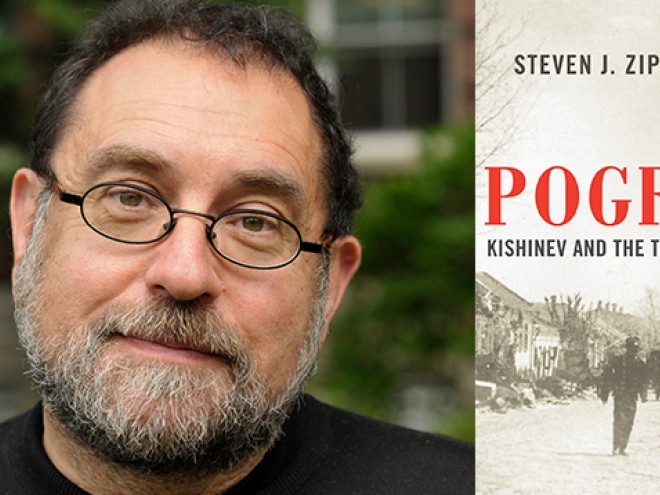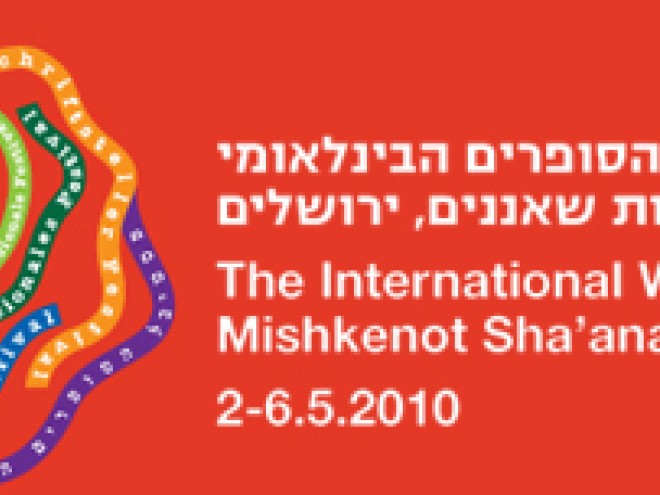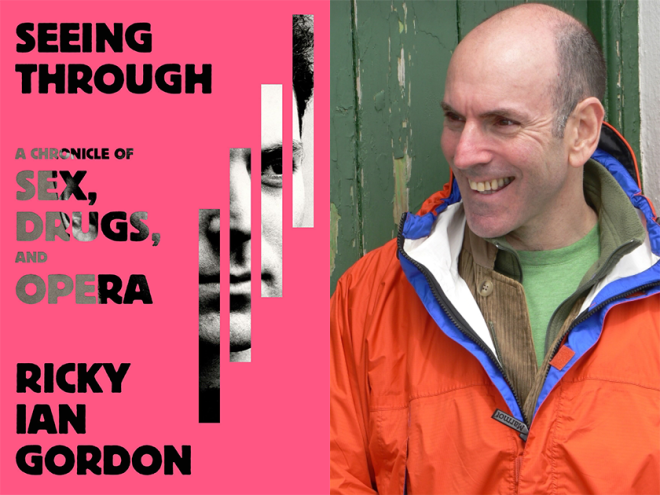In its review of Four New Messages the New York Times said of Joshua Cohen, “he’ll make you want to be an angel investor in his stuff. What’s a book but a public offering? You’ll want to be in on the ground floor.” Jewish Book World’s Bob Goldfarb asked him about his work.
Bob Goldfarb: You’ve been compared to David Foster Wallace and Thomas Pynchon. Can a contemporary writer avoid the anxiety of influence?
Joshua Cohen: Pynchon I thought a lot about in my late-ish teens; Wallace, though, never gave me “the howling fantods” — I was too young (b. 1980) to know to cheer the ’90s revolt against literary blankness and, by the time I began reading him, in the early oughts, I was living in Europe and more susceptible to that education. Wallace was always much too direct, too straight, for me (the concerns, not the style). He never talked out of the side of his mouth. His irony was not mine — was too goyisher, to put it bluntly. … No one has ever evaded influence, or anxiety — in or out of books.
BG: Is that harder for a writer who is also a critic?
JC: Criticism just pays the bills, but fiction remains indebted – to both fiction AND criticism.
BG: You sometimes write in a very vernacular voice. How much of that is ventriloquism or social critique or satire, and how much is it an extension of your own personality?
JC: Why can’t my own personality be one of ventriloquism/social critique? The more voices I write, the less I’m sure I exist at all.
BG: You also deploy an enormous vocabulary with lots of words never heard in conversation. How do you picture your readers reacting to them?
JC: I don’t consider a reader’s reaction to anything — I consider my own. When I encounter an unfamiliar word, I follow the advice of Reb Spiegel, fifth grade, Hebrew Academy of Atlantic County: “Dick. Shun. Airy” (the class loved that gag, he loved that the class loved it). I might point out that dickshunairies are more available, and more useful, than they were in 1990.
Bob Goldfarb is President Emeritus of Jewish Creativity International.



